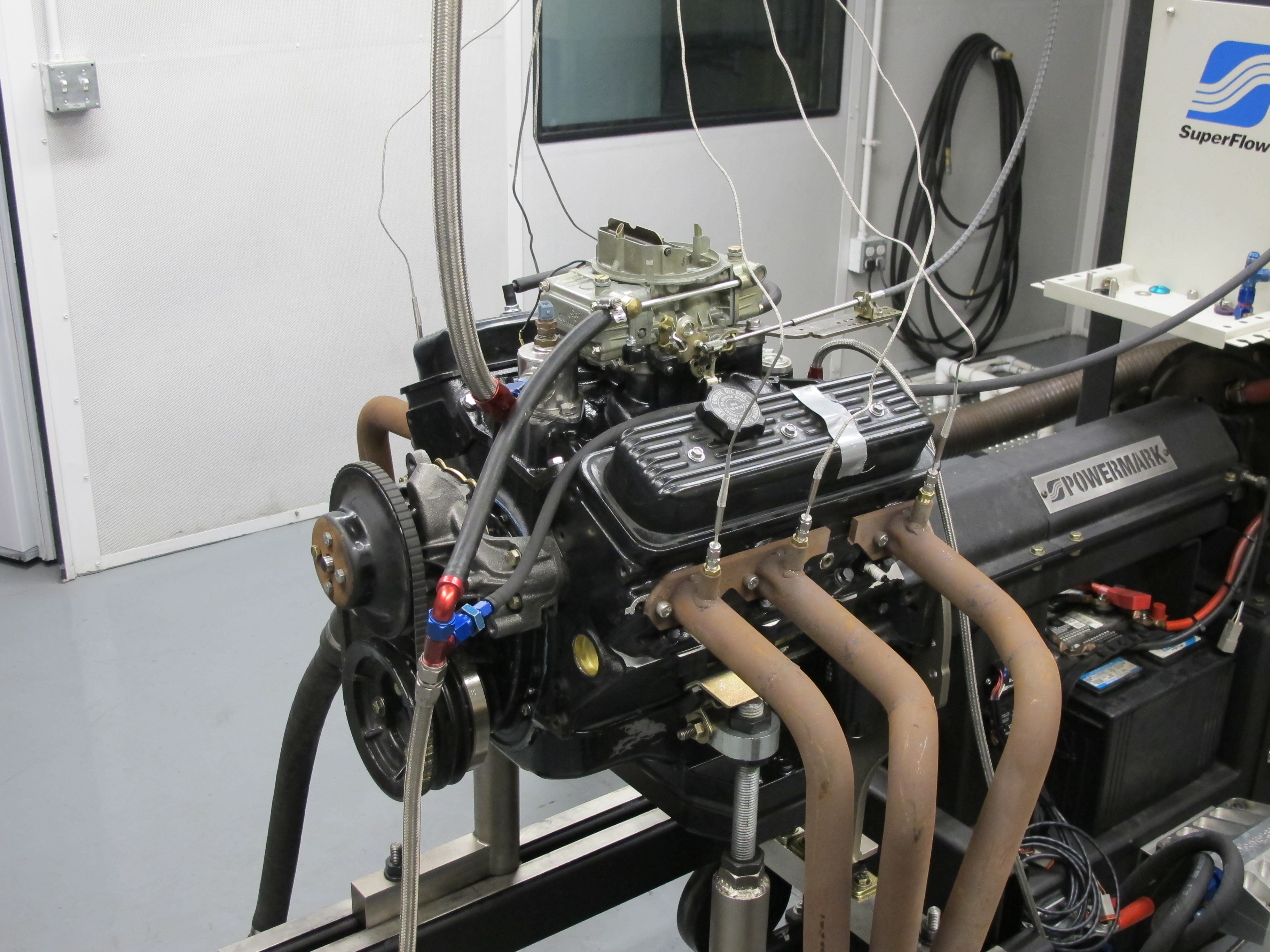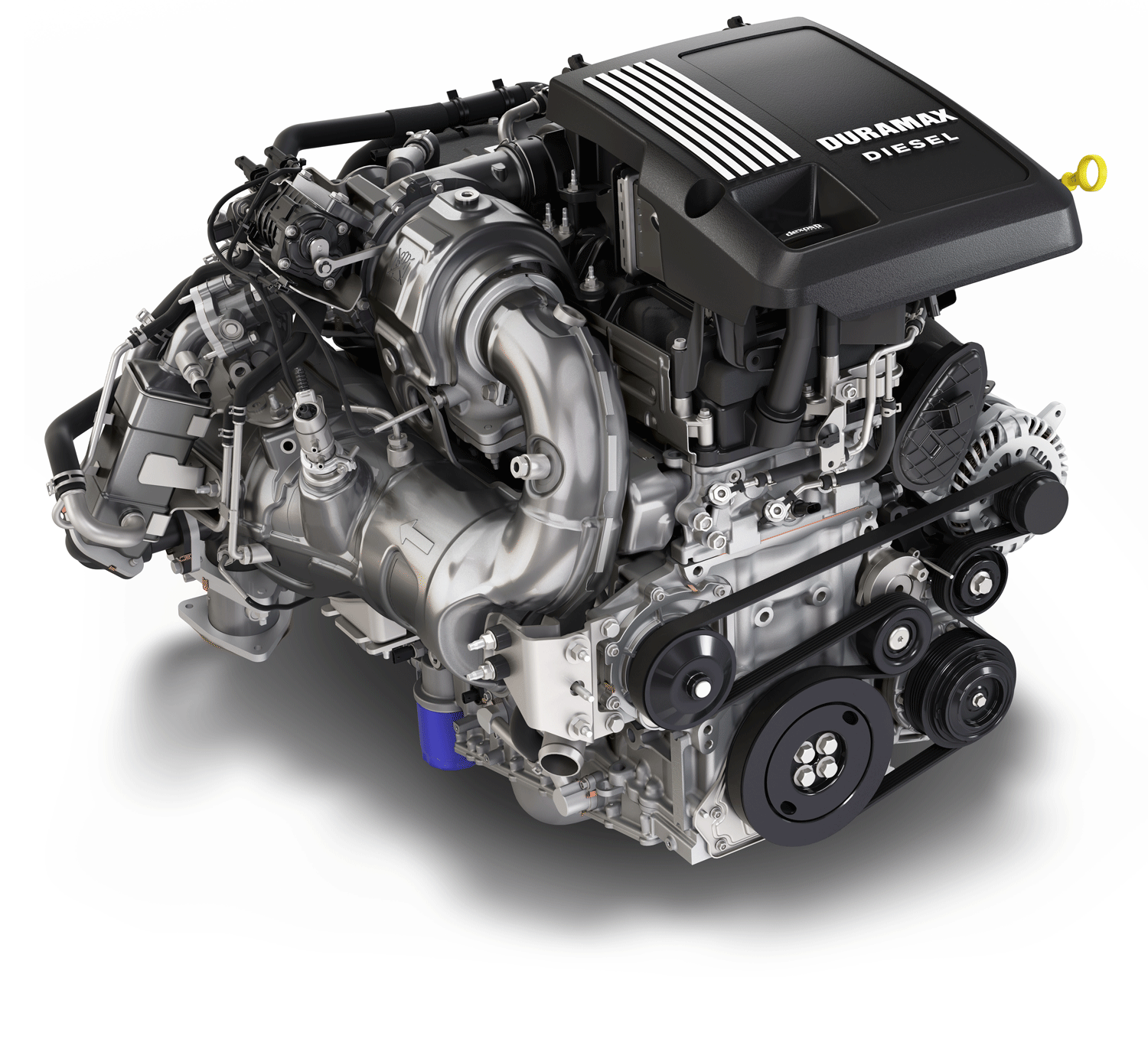GM 1.3L Turbo Engine: A Comprehensive Review
Is the whisper of a turbocharged engine music to your ears? For many car enthusiasts, the allure of forced induction is undeniable. The GM 1.3L turbo engine has become a popular choice, powering a range of vehicles across various GM brands. But how does this compact powerhouse really perform? This comprehensive review delves into the depths of the GM 1.3L turbo, exploring its strengths, weaknesses, and everything in between.
The automotive landscape is constantly evolving, with manufacturers striving for the perfect balance of power, efficiency, and reliability. The GM 1.3L turbo engine represents GM's attempt to capture this trifecta. This review aims to provide a detailed examination of this engine, offering potential buyers and current owners valuable insights.
Understanding the context of an engine's development is crucial to appreciating its design and purpose. The GM 1.3L turbo emerged from the industry's push for downsizing and turbocharging, aiming to deliver the power of a larger engine with the fuel efficiency of a smaller one. This review will touch on the history and development of this engine, offering perspective on its place within the automotive industry.
One cannot discuss the 1.3L turbo without addressing the common concerns and issues that have been reported. From discussions on online forums to professional mechanic insights, we will analyze the potential problems associated with this engine and provide guidance on preventative maintenance and troubleshooting. This GM 1.3L turbo engine review will help you understand the potential long-term costs and ownership experience.
Ultimately, the goal of this GM 1.3L turbo engine review is to provide a balanced and informative perspective. By examining various aspects, from performance and fuel economy to reliability and maintenance, we aim to equip you with the knowledge you need to make informed decisions about your next vehicle or the care of your current one. We'll cover real-world examples, user experiences, and expert opinions to create a comprehensive overview.
General Motors introduced the 1.3L turbo engine as part of its family of small-displacement, high-output engines. It was designed to offer a compelling combination of performance and fuel efficiency for a variety of vehicle applications. This engine found its way into several Chevrolet, Buick, and Cadillac models, catering to different driving styles and needs. The significance of this engine lies in its contribution to GM's strategy for meeting increasingly stringent fuel economy regulations while still providing a satisfying driving experience.
The 1.3L turbo engine utilizes a combination of technologies, including direct injection and variable valve timing, to optimize combustion and enhance efficiency. It generates a surprising amount of power for its size, making it a suitable choice for both compact cars and small SUVs. A key aspect of understanding this engine involves examining its specifications and comparing them to other engines in its class.
Advantages and Disadvantages of the GM 1.3L Turbo Engine
| Advantages | Disadvantages |
|---|---|
| Good fuel economy | Potential for carbon buildup |
| Peppy performance | Reports of some oil consumption issues |
| Compact size | Turbo lag in some driving situations |
FAQ:
Q: What is the typical fuel economy of the GM 1.3L turbo engine?
A: Fuel economy varies based on the vehicle and driving conditions, but generally falls within a competitive range for its class.
Q: What are the common maintenance requirements for this engine?
A: Regular oil changes with the recommended oil type are essential. Other routine maintenance items, such as spark plug replacement, should be performed according to the manufacturer's schedule.
Q: Has GM addressed any known issues with the 1.3L turbo?
A: GM has released technical service bulletins and updates addressing some reported concerns.
Q: Is the 1.3L turbo suitable for towing?
A: Towing capacity varies by vehicle, consult your owner's manual for specific recommendations.
Q: How does the 1.3L turbo compare to other engines in its class?
A: Performance benchmarks and comparisons can be found in various automotive publications and online resources.
Q: What are the long-term reliability expectations for this engine?
A: Long-term reliability data is still being collected, however, initial reports and owner experiences offer valuable insights.
Q: What type of oil is recommended for the GM 1.3L turbo engine?
A: Refer to your owner's manual for the specific oil viscosity and specifications recommended by GM.
Q: Where can I find more information about this engine?
A: Online forums, automotive publications, and GM's official website are excellent resources.
Tips and Tricks:
Use quality fuel and adhere to the recommended maintenance schedule to maximize the engine's longevity and performance.
In conclusion, the GM 1.3L turbo engine offers a compelling blend of power and efficiency in a compact package. While it has faced some scrutiny and reported issues, understanding these potential challenges and following proper maintenance procedures can contribute to a positive ownership experience. This review provides a detailed overview of the GM 1.3L turbo engine, examining its history, performance, reliability, and common concerns. By considering the information presented here, prospective buyers and current owners can make informed decisions about this engine. Remember to consult reputable sources, such as automotive publications and owner forums, for additional insights and real-world experiences. This comprehensive evaluation of the GM 1.3L turbo engine review empowers you to navigate the complexities of this engine and its role in the evolving automotive landscape. Ultimately, the decision of whether this engine is the right fit for your needs rests with you, armed with the knowledge gained from this in-depth analysis.
Strengthen your faith journey letter writing templates jw
Avon nc condos coastal living redefined
The allure of topper one piece png a journey into digital fandom














